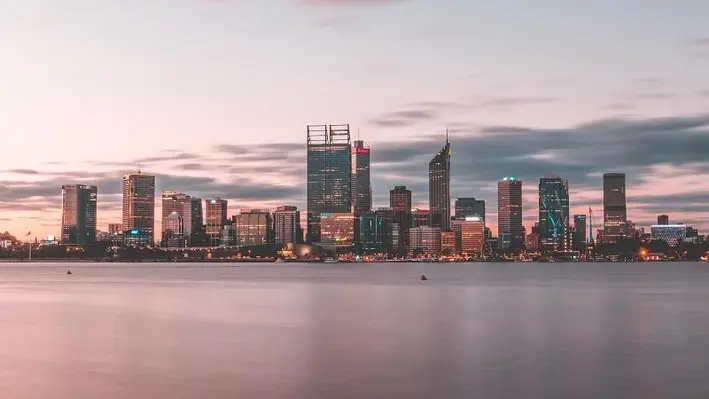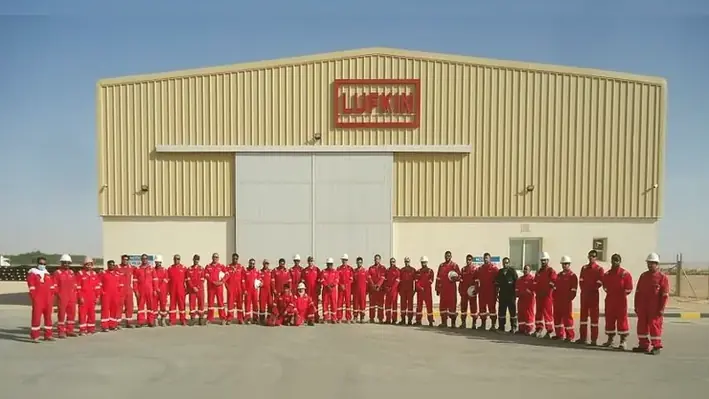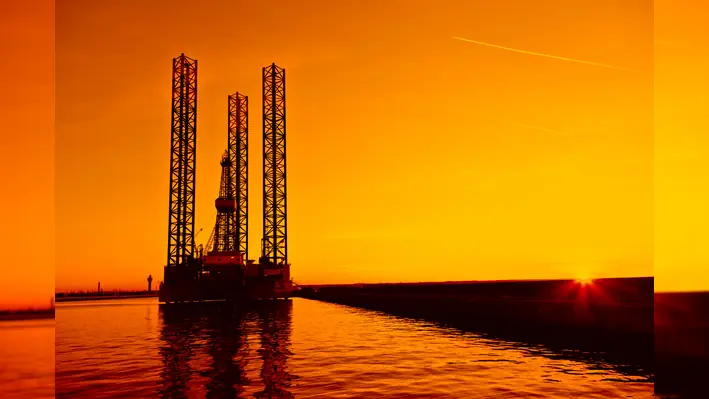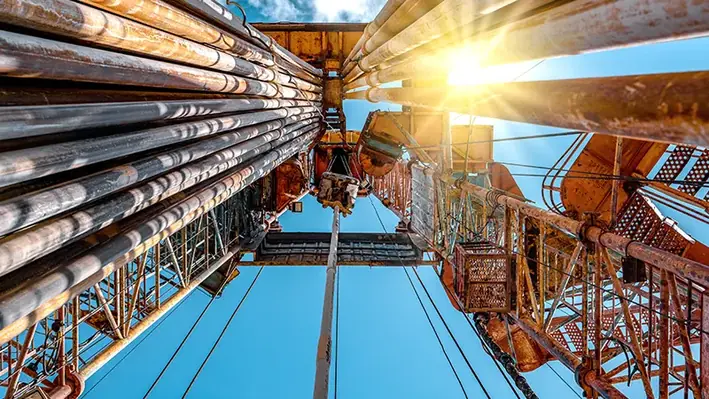 At the OWI AUS Baker Hughes webinar, Michael Lewis, Service Business Development Leader at Baker Hughes, was joined by a panel of industry experts as they explored a number of challenges and opportunities being faced by the Australian offshore community.
At the OWI AUS Baker Hughes webinar, Michael Lewis, Service Business Development Leader at Baker Hughes, was joined by a panel of industry experts as they explored a number of challenges and opportunities being faced by the Australian offshore community.
Collaboration and local availability
Lewis opened the session by reflecting on light well intervention (LWI) which can bring tangible benefits to operators and suppliers in terms of reduced costs, faster operations and lower carbon footprint. The challenge, the host continued, is capturing these advantages and using global knowledge to do so. He asked how this can be achieved, and what is the importance of ensuring equipment is available locally for immediate deployment.
Mark de Castro, Business Development Manager at Sapura Energy Well Services,
was the first to respond, and explained that collaboration was a key part of this and suggested that information and lessons acquired from previous projects should be shared not just within organisations but with strategic partners, contractors, etc. The industry needs to share information from the start, rather than withholding or waiting to be asked.
The panellists echoed these sentiments with Grant Pierce, Subsea Completion & Well Intervention Consultant, Intervention Performance Ltd., adding that the withholding of information is not something companies actively pursue, rather it is just something traditionally inherent in the industry. Jay Southwell, APAC Subsea Services Leader, Baker Hughes suggested that altering this will require a change in mindset, something that needs to be challenged and which will ultimately help all players within the industry.
Turning to local availability de Castro said, “Local availability can be the difference between work going ahead or not. Preparation, shipping times etc are all major influences that can determine whether an operation goes ahead in light mode or rig mode which could add millions of dollars to cost. Having access to local engineering/facilities is a significant de-risker for these campaigns to take place both for the fast tracking it facilitates and how quickly unexpected events can be dealt with on a campaign.”
Fostering the next generation equipped with the latest technology
In the last 18 months, Lewis said, the industry has undergone a downsize with lots of experienced people retiring or leaving for other sectors. Attracting new talent has always been a challenge, but now more than ever it appears to be of paramount importance. Therefore, Lewis asked, could the industry ensure there is a competent new generation ready to enter the workforce and how can new technology support this?
Southwell pointed at the importance of working with universities, developing apprenticeship programmes and sponsoring graduate schemes as essential to foster the idea that it is an exciting time to join the industry. He also pointed at cross-training between product companies, something that Baker Hughes has been very successful in, which has helped ensure that a new, capable, workforce is ready to take the reigns in the future.
Francis Norman, General Manager Decommissioning and Strategy at National Energy Resources Australia (NERA), built on this by pointing at competency benchmarking as an area which can put people off companies. He said, “There is a tendency to think what we do is so different to what competitors do and so we end up building all these internal competency benchmarking and internal training which in fact mirrors what competitors do. This can be a significant cost to a lot of businesses.”
He advocated, instead, common competency frameworks which can make it much easier to identify where some shared skill gaps may be. He added, “If people move around you are not looking to completely rebuild them and make them forget everything they have learned before you hire them. When you look at the costs organisations expend on doing this it is astronomical.”
The panellists explored how the introduction of new technology, in the form of remote communication for example, can help to attract and train the next generation of engineers and commented on some advances which they will be working with, and which will surely help the industry.
De Castro commented that remote operations and remote control brings safety enhancements and cost enhancement and advances in the integration of machine learning, and machines becoming semi-autonomous will be a step forward. This will be bolstered by things such as low orbit satellite which will reduce latency and the cost of high bandwidth.
Returning to the conversation, Southwell also highlighted the importance of utilising the vast amount of data the industry holds and by introducing advanced software and AI this can really become a formidable weapon for operators to become more effective with diagnostics, monitoring wear and tear, and making decisions on interventions and performance etc.
Australian Decommissioning
Decommissioning has been a hot topic in Australia due the ongoing debate around the Northern Endeavour FPSO. With many more Australian assets coming to the end of their productive life, Lewis asked the panellists how the cost of decommissioning can be reduced and how can operators be encouraged to perform this work.
Norman took the chance to note that there was a staggering opportunity for decommissioning in Australia, highlighting that there was US$40bn+ worth of work that needs to be executed over he next 20-30 years. In order to being nibbling away at this, he suggested it was important to disseminate such information to ensure everyone understands the size of the challenge ahead. Once done, relatively simple ideas such as sharing equipment for campaigns can have an enormous cost reduction effect.
De Castro commented, “If we understand the scope of work and the timing of the scope it will help. In the past we have seen service providers make investment into the region on the expectation that work would follow and it didn’t. They therefore had to wear the costs on a gamble effectively. More clarity on timing and requirements of operators would be helpful.”
The panellists also noted the importance of learning lessons and best practices from around the world, especially from regions where decommissioning is more regularly carried out. Pierce added that an open mind about contracting models would be essential here. While it wouldn’t be advantageous to take a whole model from other regions and apply it in Australia, it would help to take pieces or ideas from contracts (such as West Africa’s contracting models regarding vessel shares) and change them to suit.
One of the biggest decommissioning challenges which is faced in Australian and global waters alike is the difficulties with entering older wells where, often, data and information is lacking. The panellists noted that in addition to this, the condition of equipment is continually degrading with every year that passes. Whilst this is enough to put operators off from conducting decommissioning work, in reality it should be an encouraging factor. As de Castro added, “Regulations are also becoming more onerous. The longer operators delay, the cost and risk are only going to go one way due to those three factors. It therefore presents a good case to move quicker.”
Despite this, Southwell commented, “I think the future of decommissioning in Australia is exciting and something that will be very prominent going forward. I would love to see it as an add on in the life of a field as well, as opposed to it being pushed after production ends. All operators know its coming; it was always on the cards and will always be there. If we can plan for it now, they can reap the rewards from a cost perspective. We are still fairly young compared to other regions, described as a teenager, we are still learning. We have a great opportunity to take lessons from other regions therefore.”
These topics, and more, will be discussed in further detail at OWI AUS, in Perth 23-24 November. To find out more information follow this link: https://www.offsnet.com/owi-aus/conference-brochure




